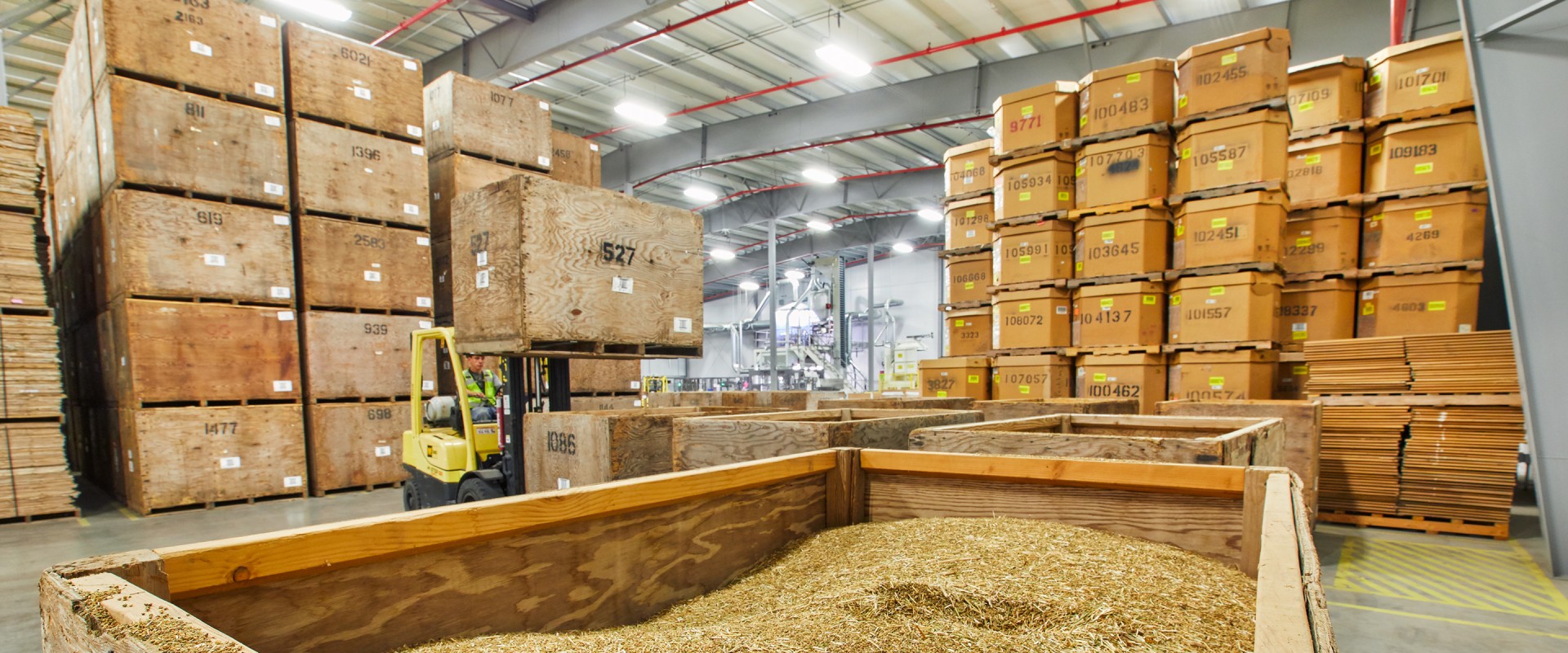Seed production is only half of the equation when producing high-quality sugarbeet seed. The remaining portion is dedicated to seed processing activities. Betaseed brand seed is processed solely by the Betaseed, Inc. facility located in Tangent, Oregon.
In 2012, the Tangent facility underwent a significant renovation and expansion that offered a more tightly controlled manufacturing environment required to consistently produce high quality sugarbeet seed. The expansion added 40,000 square feet of increased processing, laboratory, and warehouse space. Seed processing follows the critical steps of:
- Bare seed. Seed is shipped from seed production fields directly to the processing plant and cleaned, removing sticks, stones and other debris. Each lot is audited by our Quality Control technicians confirming that all QC specifications are met before the lot is released for the next step in processing.
- Clean seed. This step involves sorting and cleaning the seed further by reducing the pericarp, or outside of the seed, that gives the seed its rough shape. This rough sizing parses out the seed to allow for a consistently sized end product that is more efficient to process. Each seed lot is tested for embryo presence using new Artificial Intelligence (AI) equipment developed internally by Betaseed’s engineering team.
- Coated seed. Seed that passes the embryo testing is sent for coating. This coating not only provides a protective layer to sensitive seedlings but also absorbs added seed treatments. Seed is again tested for germination before the next processing step.
- Treated seed. Seed treatments, such as insecticides, fungicides, and enhancements, are added through a proprietary process referred to as BetaShield®. This processing step is critical for supporting germination and protection of seedlings over the first month after seed germination. Within the last few years seed treatments have replaced traditional post-emergence chemicals. This not only helps with preventing seedling setback but also contributes to cleaner water and soils. If fewer chemicals are being applied to grower's fields, the environment is under less threat due to chemical run off.
- Colored seed. Seed is colored with Betaseed’s unique blue dye, developed to be the most visible seed color in all soil types and colors.
- Packaged seed. Each seed lot that has passed all QC in-process testing is packaged into corrugate boxes. These boxes contain four units, enough to plant about eight acres dependent on seed and row spacing.
- Final testing. Each seed lot is tested one more time to confirm germination standards are met or exceeded.
The Tangent facility conducts more than 60,000 tests to confirm the presence of a viable embryo and that germination standards allow for the highest quality seed to make it into farmer’s fields. Seed lots that fail stringent QC tests are not shipped out for use in grower's fields.

